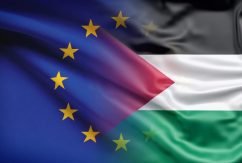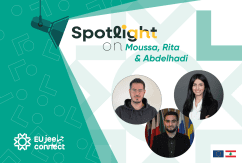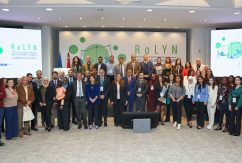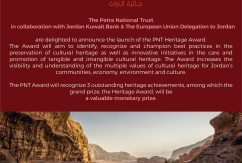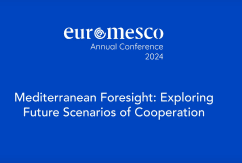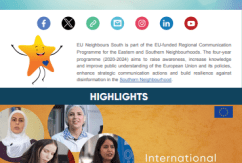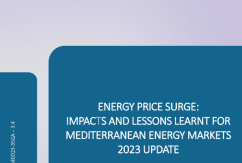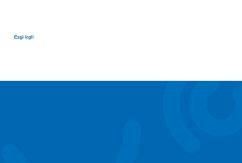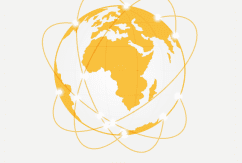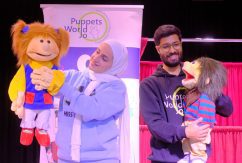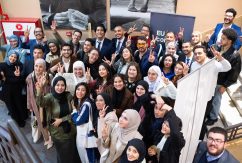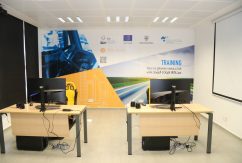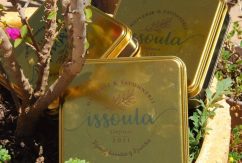Jeunesse Nomade: How to get rid of discriminatory stereotypes
A bunch of young Tunisians took part in a deeply moving and spontaneous performance in Brussels that combined theatre, dance, singing, music and video. The unique and touching stage performance, conducted as part of the Erasmus+ programme and financed by the European Union, was based on the theme “Migrant issues”. This Jeunesse Nomade project brings together young people from youth centres as well as shelters for asylum seekers.
The Tunisian youths participated in an exchange programme in Belgium (12 young people and 3 chaperones) and there was a seminar for the facilitators (6 facilitators). Both activities took place from 29 July to 6 August 2018.
The project, financed by the EU, was intended to facilitate communication between local youth non-profits and the young residents of shelters for asylum seekers from Africa and the MENA region. It resulted in a performance which reflected on the concept of more humane cosmopolitan societies, where the word “host” still has a problematic connotation. The performance told the stories of the youths’ immigration journeys and also addressed the questions of young people about how young immigrants and asylum seekers are welcomed. We met with them after they returned to Tunisia.
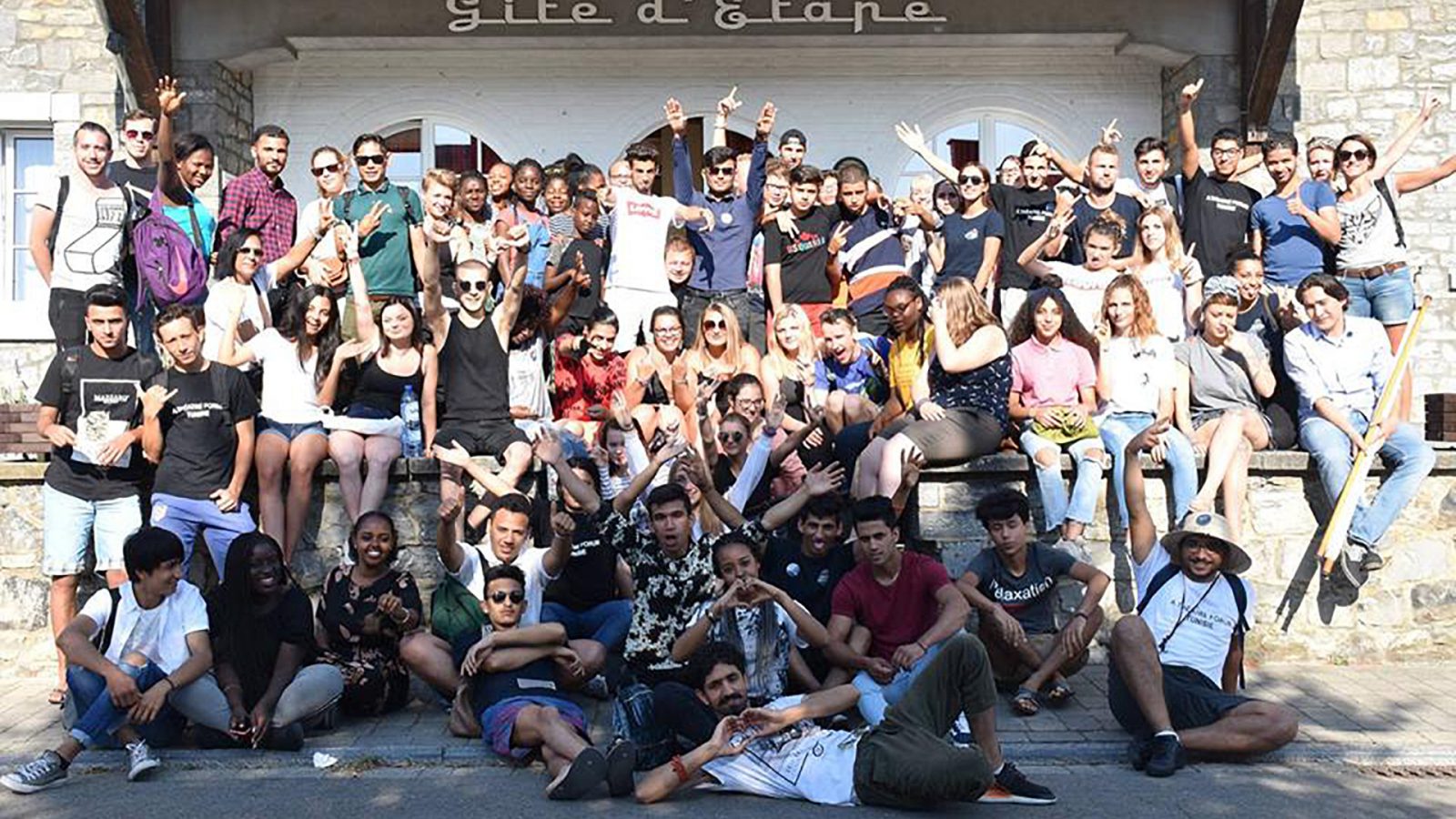



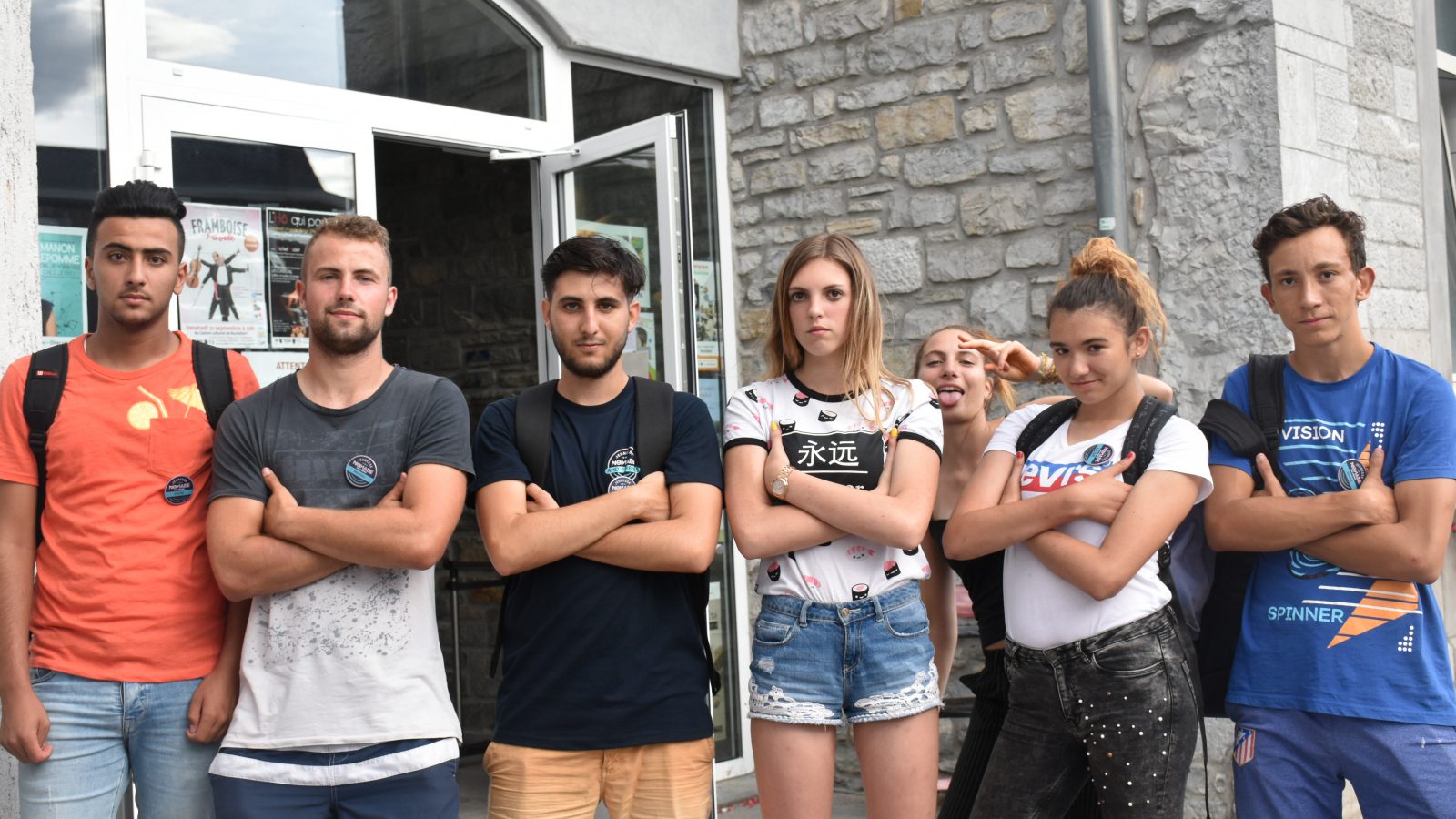

Change the world
They are between 17 and 21 years old and want to change the world when it comes to immigration matters. They were in Brussels as part of the Jeunesse Nomade project. They returned home hopeful for more social justice, participatory and culturally diverse democracy and a place for all young people in society, regardless of their social or cultural origins or their nationality.
Via discussions built around theatre exercises and dance and music workshops, they not only spoke up about the theme, but they also re-enacted different situations of inequality involving immigrants and the living conditions in host countries. Under the guidance of a director, the group was asked to create artistic content with the help of professional artists. The result was a touching and unique stage performance.
The participants were invited to share their interpretations and commentary regarding immigration, in addition to being invited to step up onto the stage during the forum to respond to their peers and offer alternative solutions to certain situations.
Over the course of their visit to Brussels, they opened up to different possibilities and gave themselves the mission of exploring, feeling, experiencing, giving, receiving and sharing their concerns, their perceptions and their dreams…in front of different audiences.
Jeunesse Nomade is a people-oriented project that looks to integrate youth from the MENA region living in shelters for asylum seekers in a peer network to prepare them for “life after the shelter” and their integration in society.
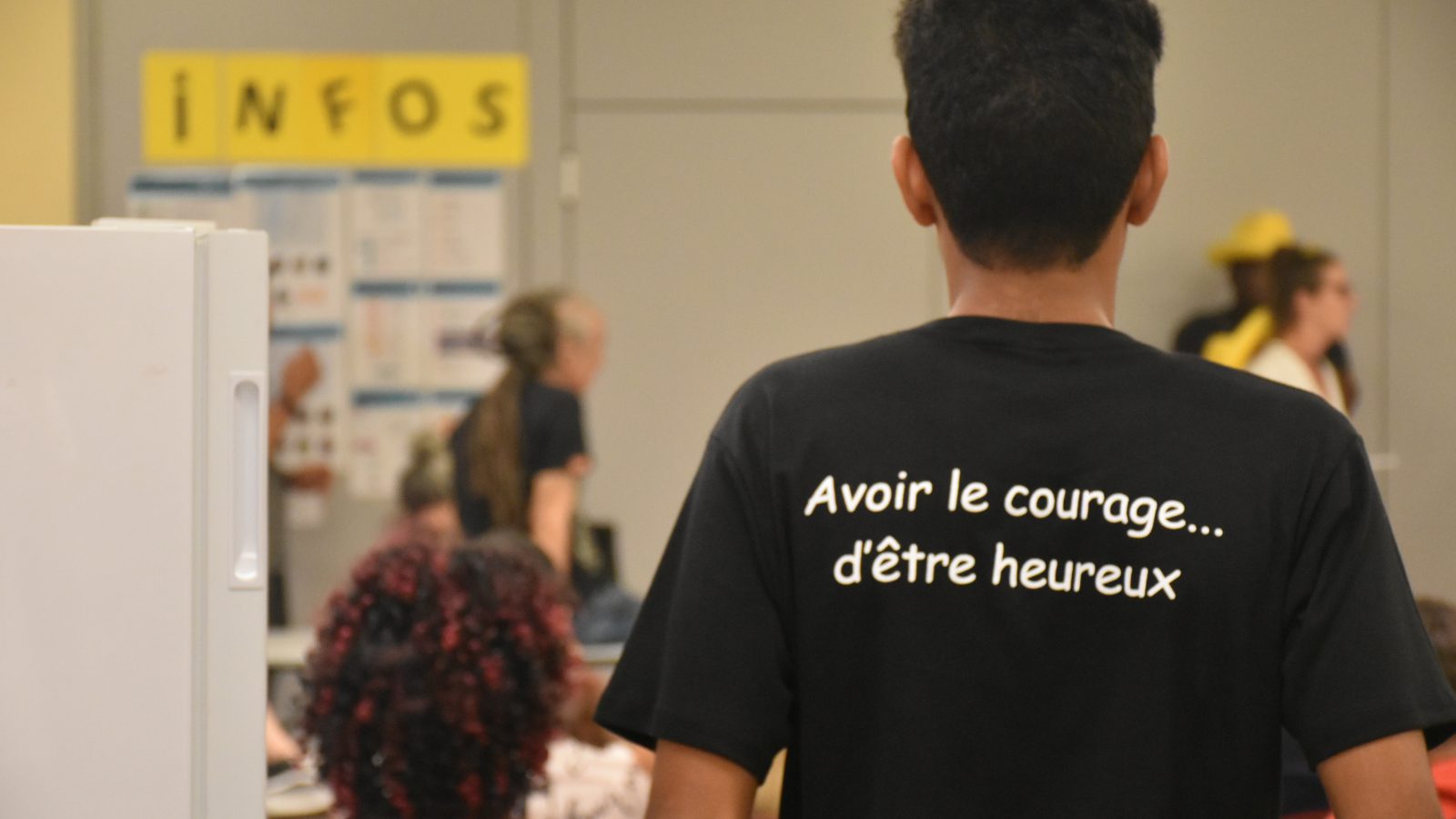

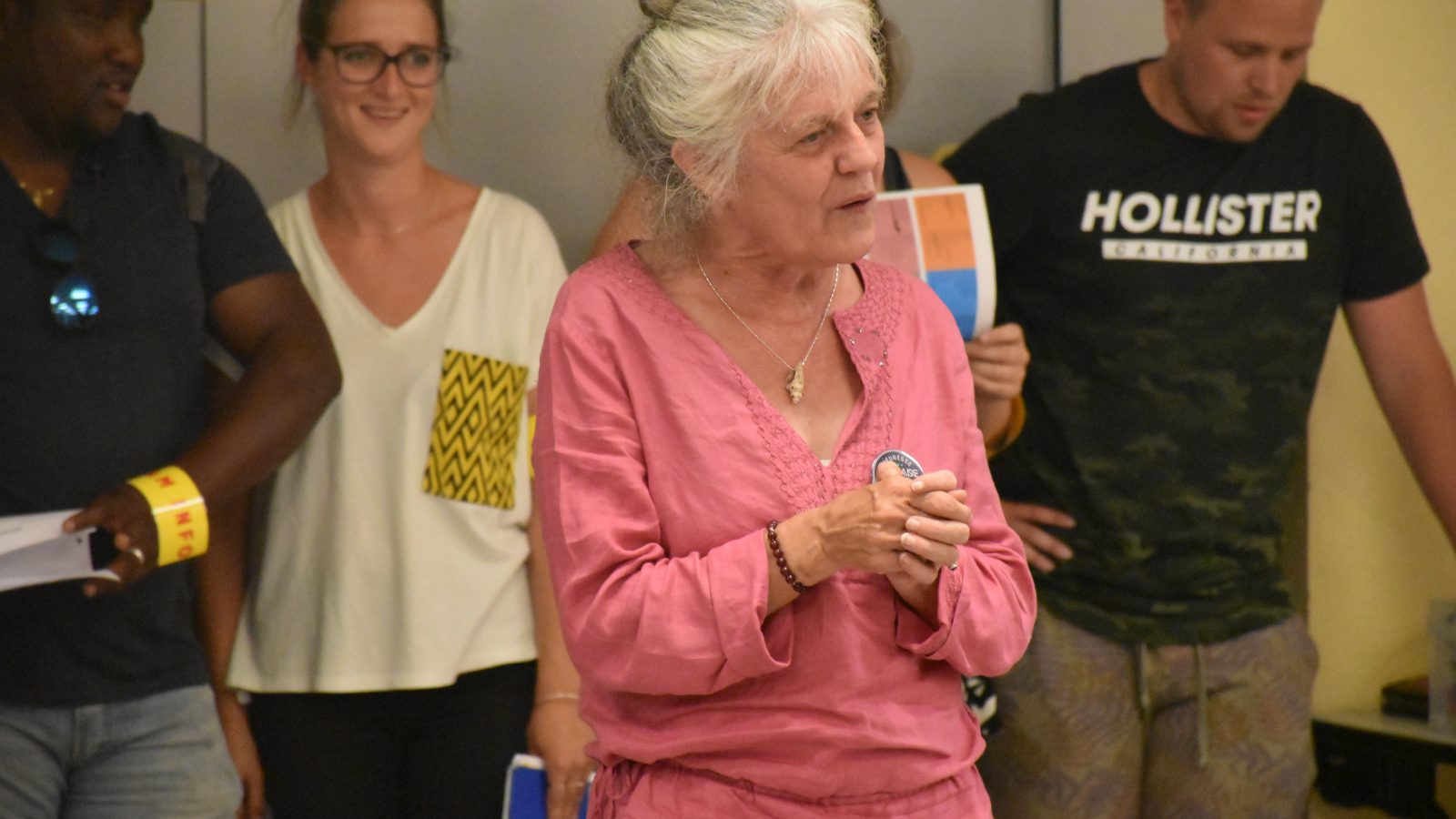

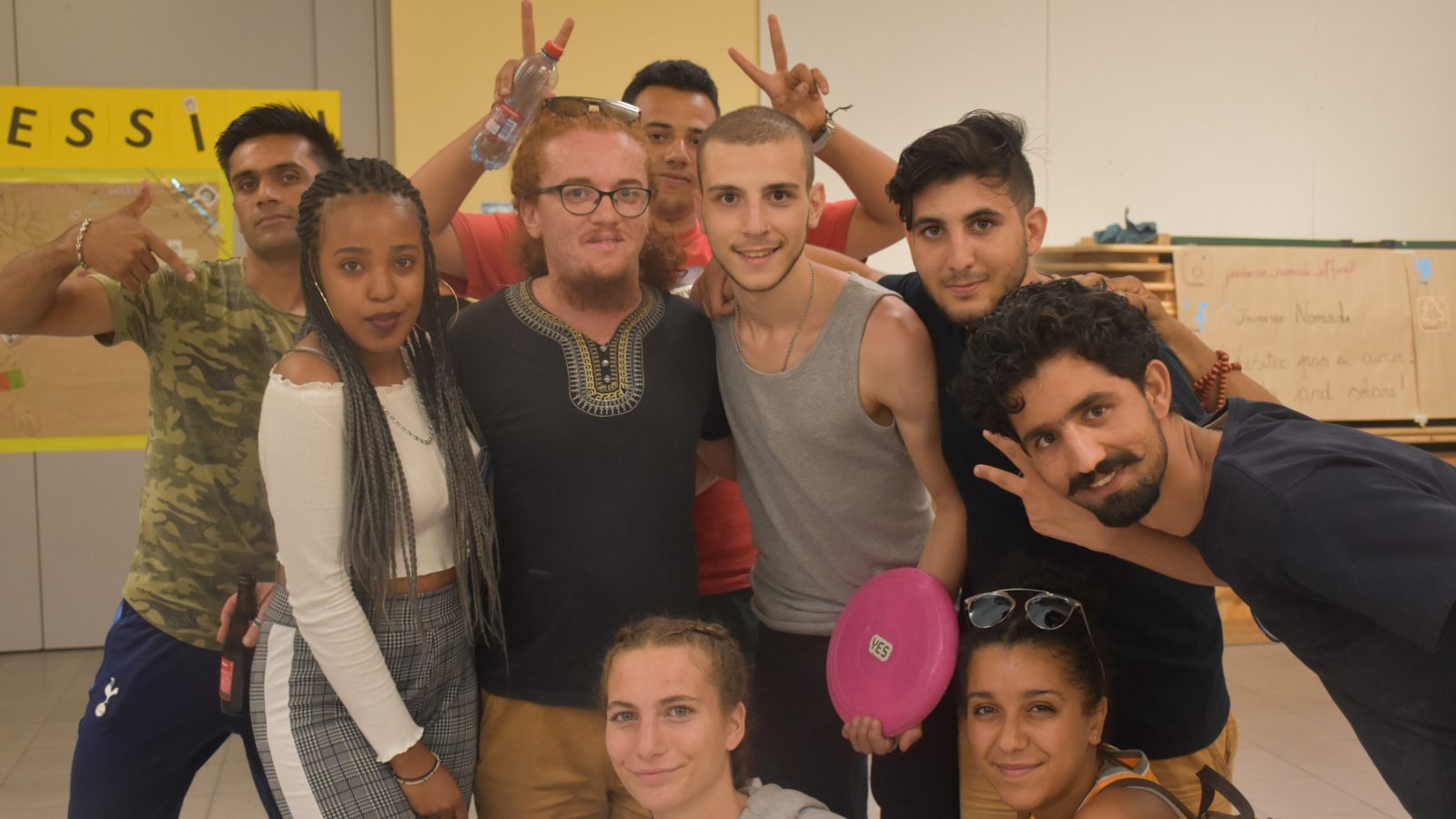

It changed the way he sees things
It was the first time that 19-year-old student Aymen Khiari, one of the beneficiaries of the project, had participated in this type of project, which changed the way he sees things.
He landed the role of Yassine in a play in which a youth falls in love with a girl. One day, when they were supposed to meet, he didn’t show up and gave no news. His friends got worried about his fate. “Some may think that he abandoned his sweetheart for another, others speculate that events outside of his control prevented him from coming, which leads the audience to wonder”, explains Aymen. “We performed multiple sketches within the play, to guide the audience in their thinking. For example, we acted out a sketch in which Yassine turns up as a suicide jihadist who carries out an attack – that’s why he never returns. In another sketch Yassine is a good person, far from extremist indoctrination. At last, he appears in a video at the end of the play that shows that Yassine is an undocumented immigrant who couldn’t get the right papers, which is why he couldn’t return to his beloved”, emphasises Aymen. “It’s a theatrical approach that touches people by combining social issues and sentimentality”, he explains.
The forum theatre experience, with the participation of young people from immigrant backgrounds, enabled Aymen to look differently at identity markers, in particular those associated with the ethnocultural background of “socially invisible” people.
“I came to Brussels with the prejudice that Westerners don’t like Muslims. Moreover, when we were divided into groups, there was a young Belgian who wanted to dominate the group; so, I acted like her, trying to impose my view of things. But when we got the chance to discuss our viewpoints, we were able to dispel certain biases on both sides. I learned how Westerners think and I was able to communicate our way of seeing things”, he adds.
Aymen notes that, thanks to the group discussion, he has become aware of the fact that by labelling immigrant youths, we encourage the social exclusion of these individuals as being first and foremost products of diversity. After days of close interaction with young immigrants from Syria, Niger, Morocco and other countries, Aymen acknowledges that: “Excluding these individuals from the community and failing to recognise their experiences and knowledge, when they should be seen as active citizens and recognised, sows the seeds of fear of the other and complicates the process of integration and understanding”.
Back in Tunis, he proudly notes that he was able to rid himself of stereotypes related to different discriminatory situations. He is now better equipped to speak for these individuals from different backgrounds, who are socially ignored and most of all, rarely heard.
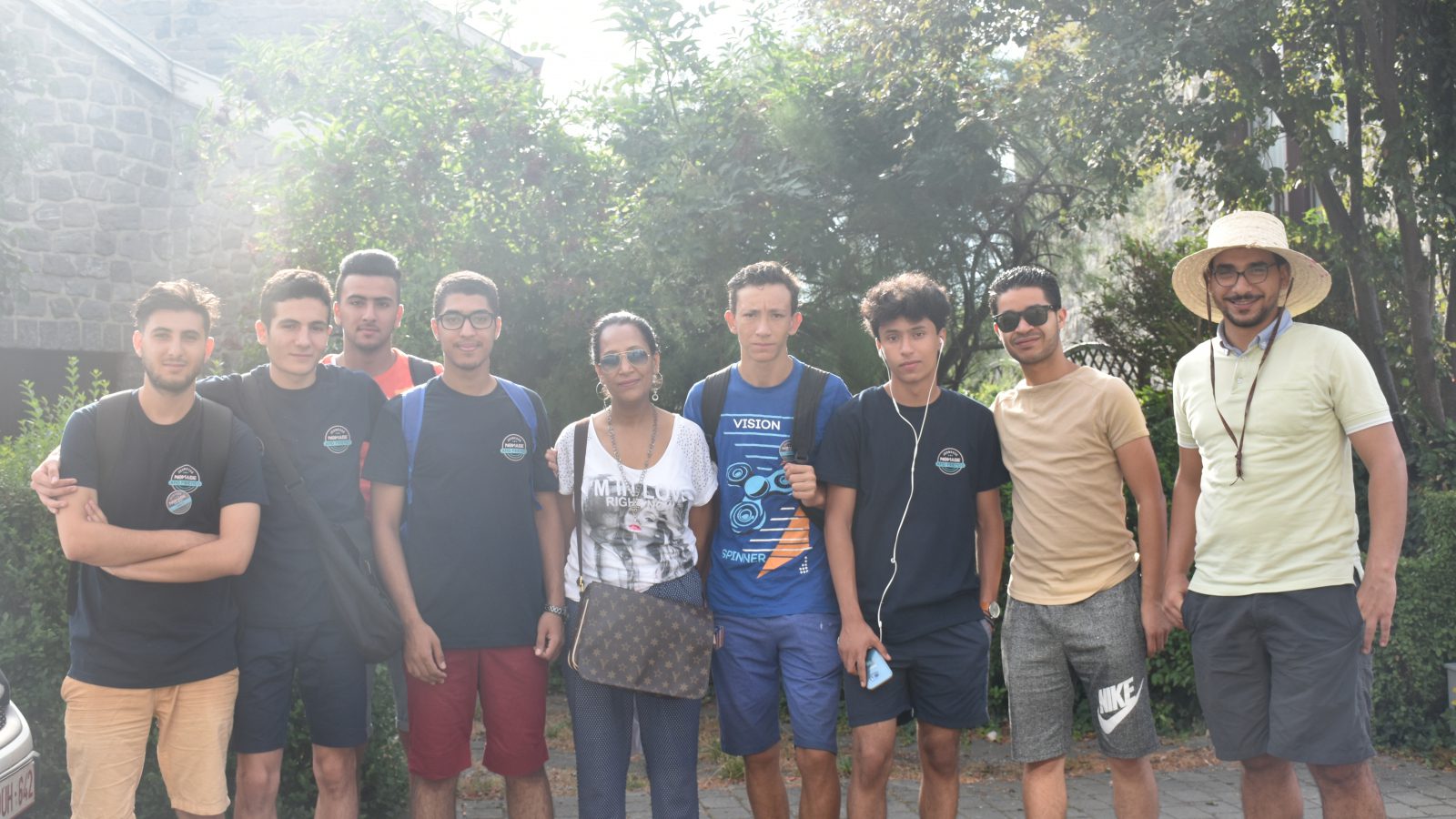

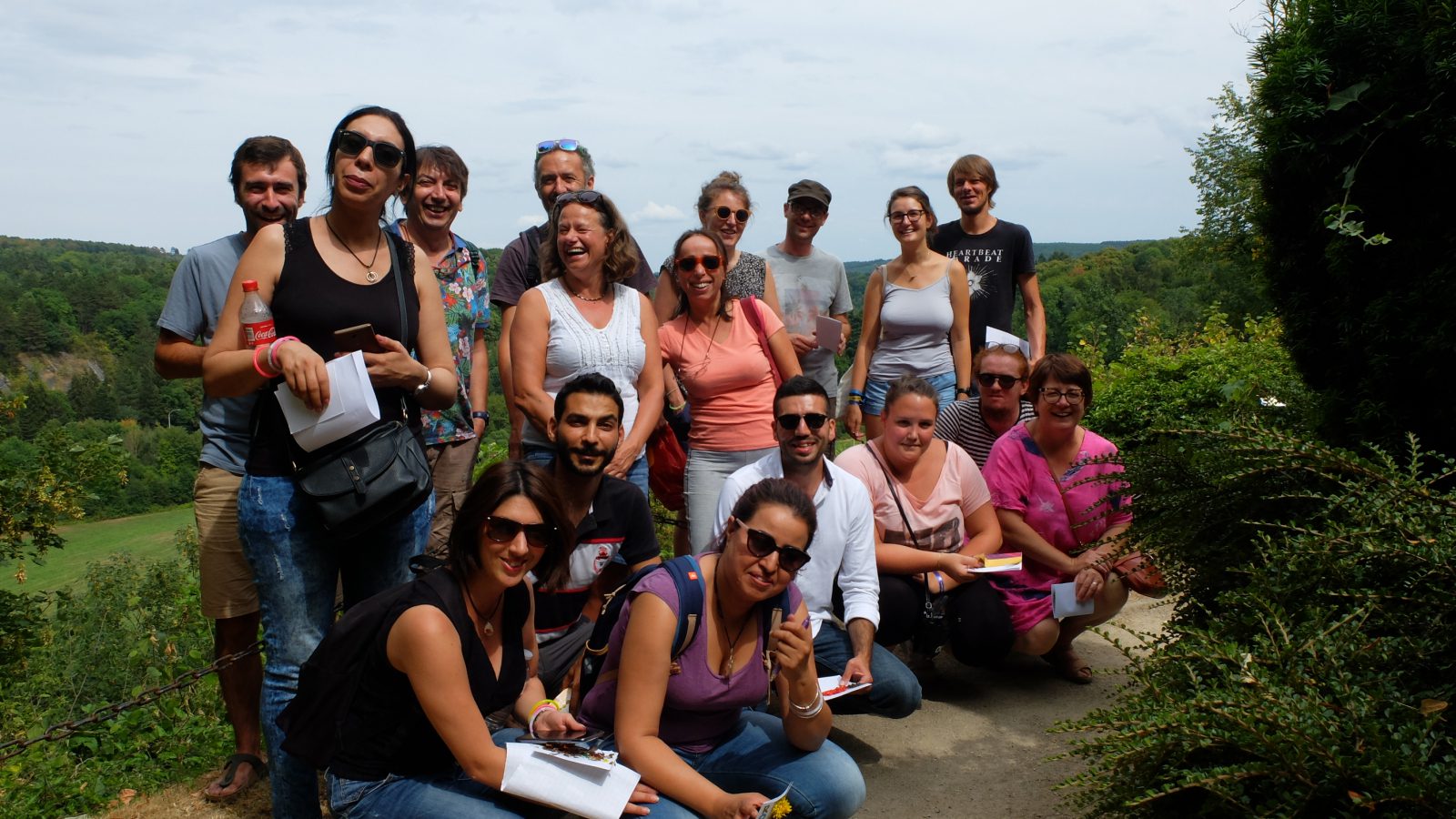

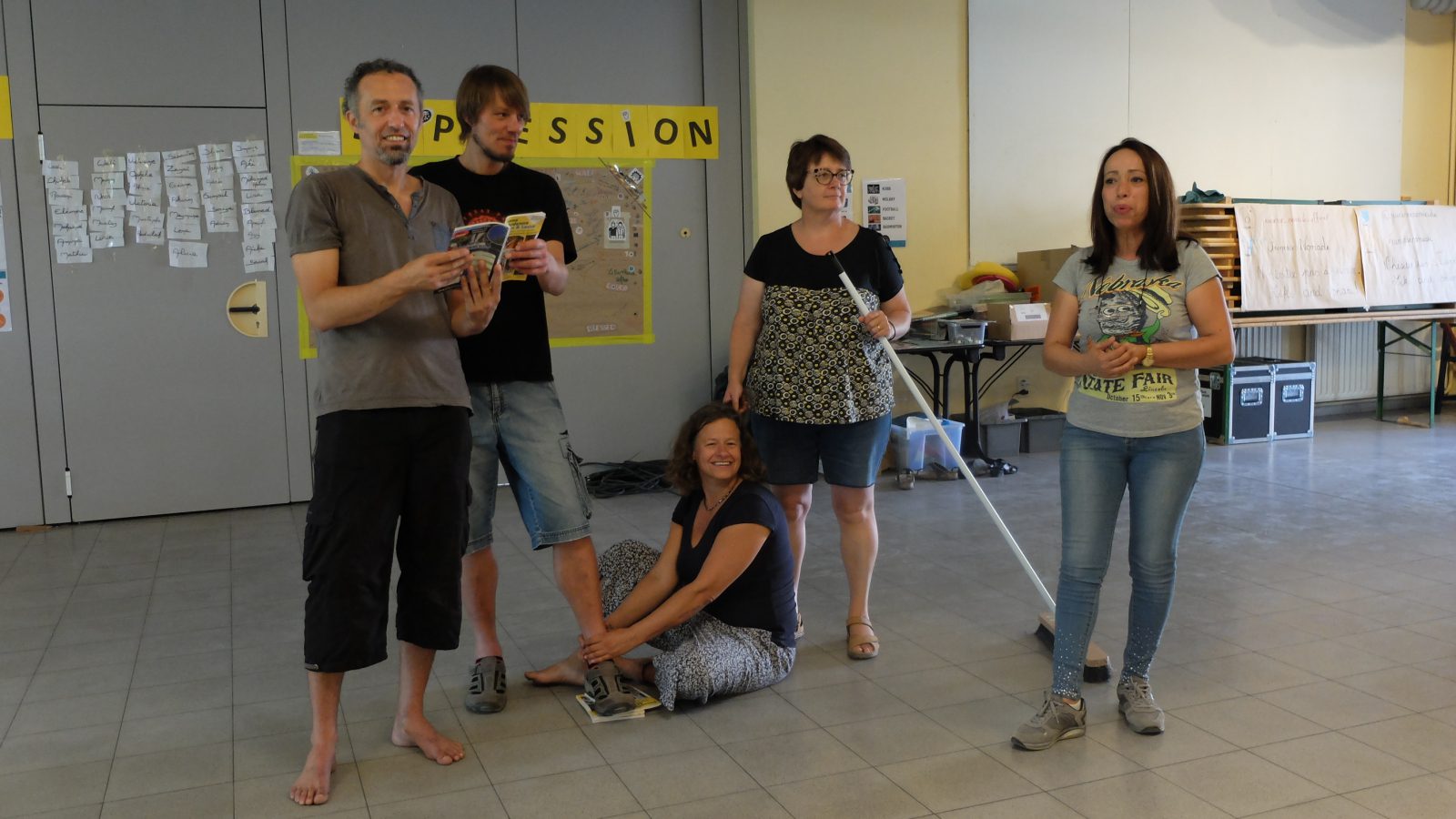

A voice for immigrants
Nineteen-year-old Ahmed Koubaâ, another beneficiary of the programme, participated in the media group’s workshop. He returned to Tunisia after sharpening his video skills. “We filmed, shot and edited the behind-the-scenes video – a sort of “making of”, he says. “We filmed the stories proposed by the other young people and we presented them in a news programme”.
Ahmed and his peers had the mission of presenting, via a YouTube channel, the end of the play in a video to be watched on social networks. “When the curtain drops, viewers can discover the end of the story, filmed, but not performed, on YouTube”, he explains. “The number of views was pretty high”, he affirms.
“Forum theatre, with the storyline continued via video, becomes a tool for reflection and action among youths from immigrant backgrounds”. More specifically, “we introduce different actions to be taken which respond to the challenges linked to the recognition and expression of the complexities of the youth’s identities within the context of diversity”, he says.
This experience influenced Ahmed’s thinking. Back home in Tunisia, he feels more capable to communicate messages to encourage speaking out, developing a reflective view of things and building individual and collective awareness.
Skills development
Malek Chaafi, 18 years old and a third-year technical school student, agrees. “Participating in this gave me an extra benefit. It was the first time I’d been to Europe. In my head, I thought that in Tunisia, we have everything and that Europeans surpass us in nothing. But I was wrong on all counts. Indeed, after this experience, I feel like I’ve developed my abilities in fields which were unknown to me until then: photography, video technique and editing”.
Among the obstacles he was able to overcome thanks to the project, was the fear of not being able to communicate in French. “At first, I was afraid of speaking in French, but with daily contact with Belgians and other young French-speakers, I was able to overcome this language disadvantage”.
But that’s not all. Malek is now proud to have made new friends from several different countries. “I was able to build new relationships in seven days. After heading home, I stayed in touch with them. They’re close to me and I care about their future”, he concludes.
Don’t judge people before getting to know them
Before going to Belgium, Fares Saffer, an 18-year-old in his last year of secondary school, thought that people who emigrate are “people who are unemployed”. However, in the life stories he heard during his visit alongside young immigrants, “hardship wasn’t the only thing that pushed so many young people to leave”, he explained. “I returned to my country with my heart full of painful stories, and I learned not to judge people before getting to know them”, he emphasises. “Discussions, conflicting ideas, arguments and counter-arguments, all of these stimulate, awaken, enrich and prepare participants to act in real life. The day we left was very emotional. The separation was full of tears”.
But what does this project, which inspired the youths to the point of changing their views on immigration and integration and encouraged the transition from ethnocultural affiliation to identity, consist of?
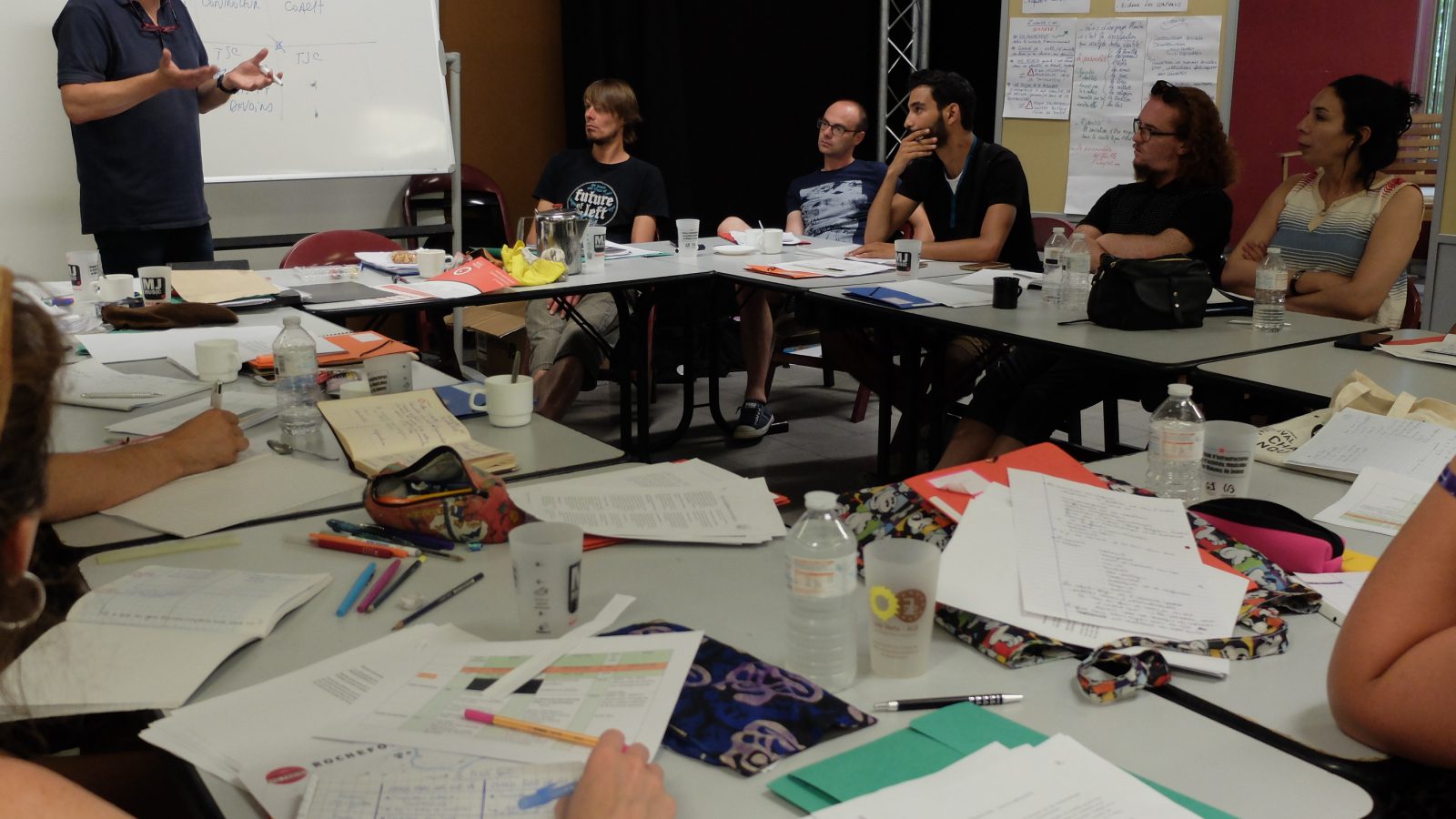

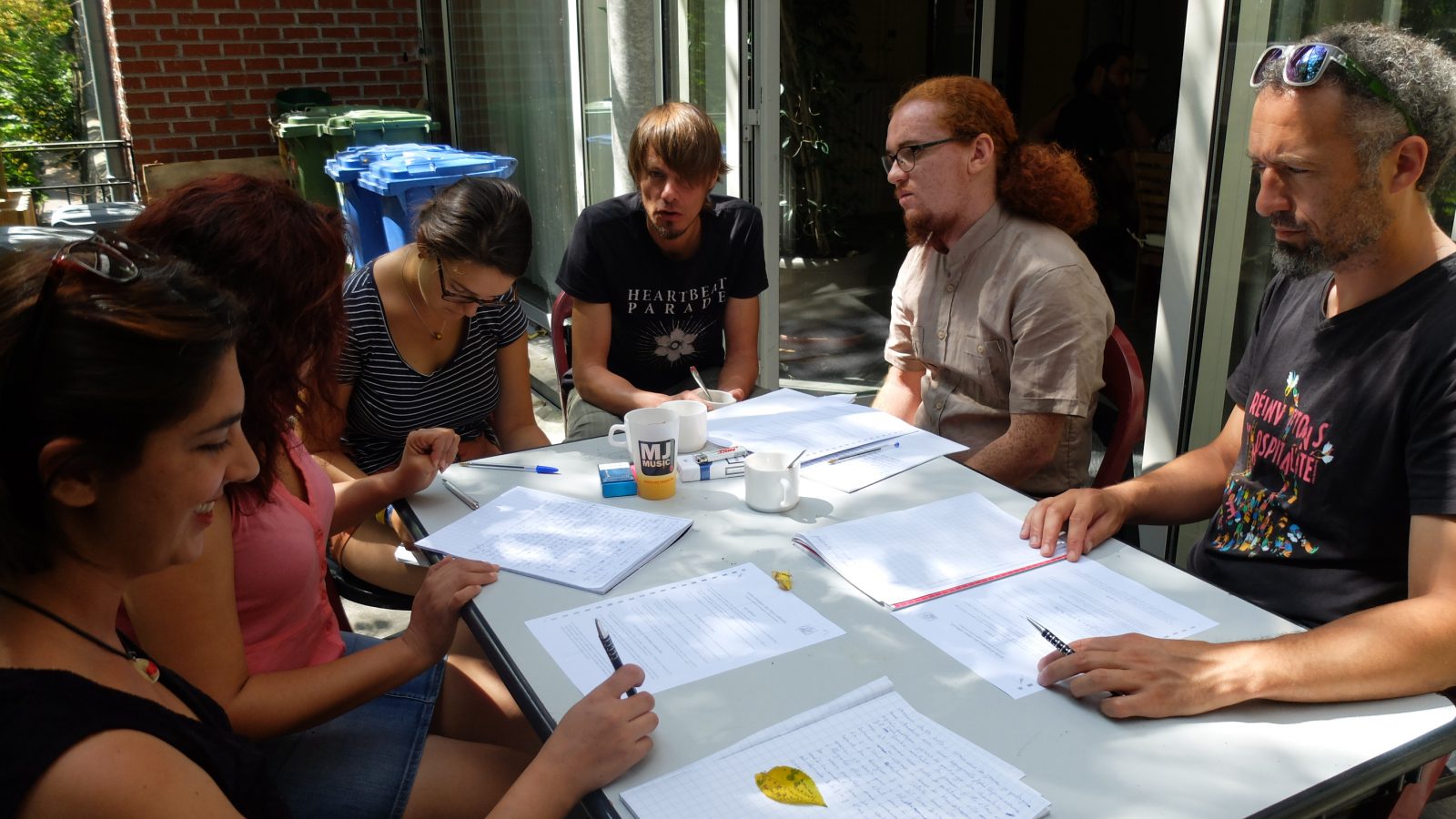

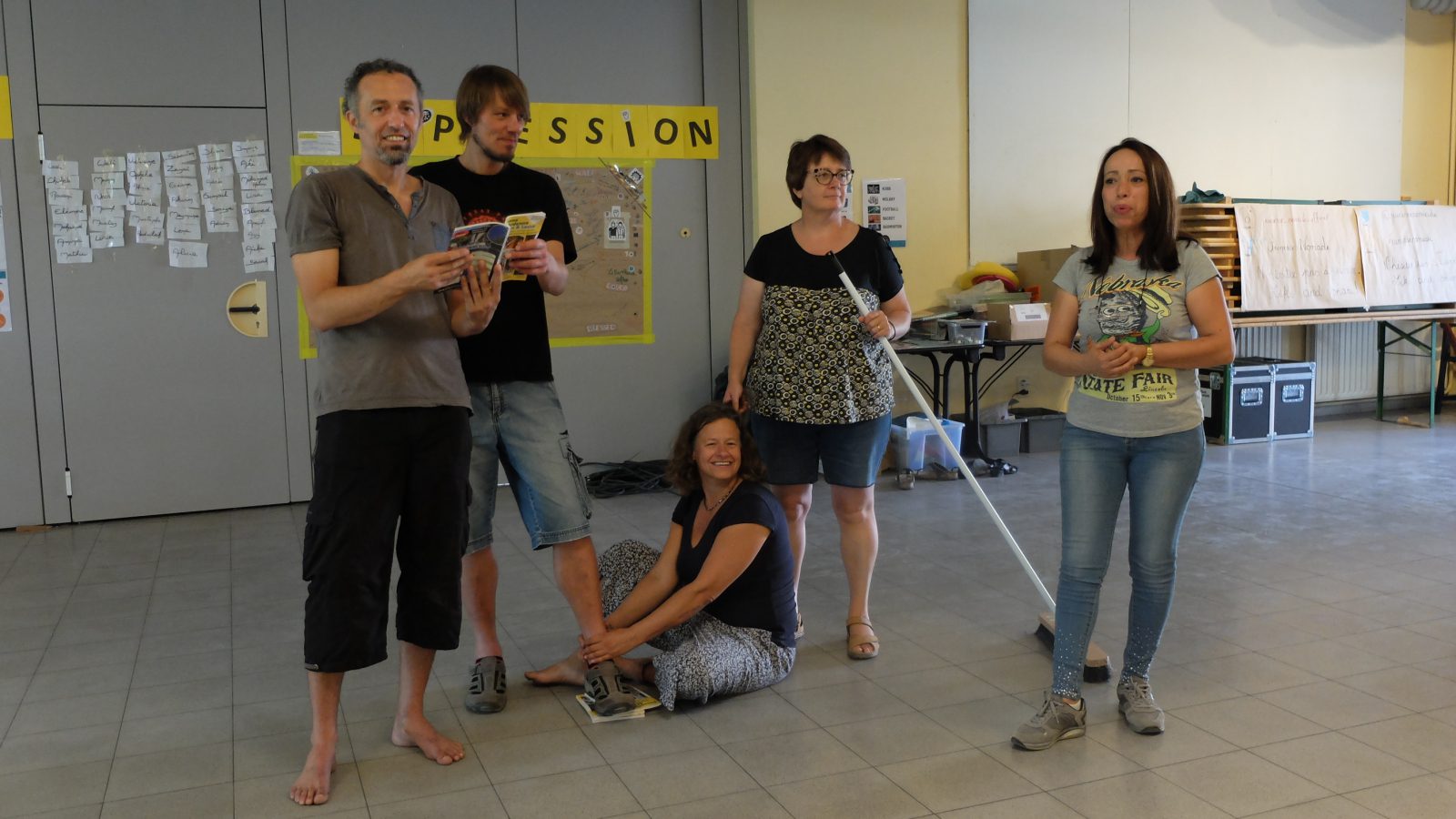



Correcting situations
Houcem Lajjem, one of the facilitators who accompanied the youths, told us that the forum theatre or theatre of the oppressed is a concept which appeared in the 1970s. It’s “a technique that aims to foster change more than artistic expression”. He explains: “forum theatre is meant to correct situations, and the audience is viewed as a spect-actor”.
“The forum theatre programme in Brussels lasted five days and culminated in the performance of a play”. According to him, it’s not a complicated technique. The programme consists of “five days of rehearsals to perform a play that, in the end, runs for 45 minutes and includes three group scenes and five sketches”.
Regarding the Tunisian participation, he clarifies that the theatre workshop included 23 youths, of which seven were Tunisians. “The remaining youths were assigned to other workshops: photo, dance, music, singing, etc. This group was a bit special, mostly minors who were travelling for the first time. Nonetheless, the Tunisians’ heavy involvement made a good impression”, he affirms, while recognising that things “moved at quite a quick pace”.
A beneficial rotation
Houcem turns over to his colleague, Mohamed Laâbidi, a facilitator who had the delicate mission of leading the group. “The way the group was divided ensured that the young Tunisians could participate in every workshop meaning that they were introduced to singing, music, photo and video. This rotation was beneficial for their skills development, and also favoured contact with young people from various countries, such as Nigerians, Kenyans and others”, he notes.
He affirms that the collaborative work produced during the visit, with the participation of undocumented immigrants, had a big impact on the audience. “The experience is unique in that the problem can be experienced in Tunisia and the solution can come from Europe, and vice-versa”. According to him, the solution can come from the other side, which we wrongfully reject, because the problem could be solved when seen from another angle.
For her part, Mrs Chelly, president of the “Théâtre du Forum-Tunisie” non-profit, revisits the genesis of the Jeunesse Nomade project, a project financed by the European Union and in its second phase, via the Erasmus+ programme.
Last year, it took place in Belgium with Belgians and immigrants to Belgium only. However, the Federation of Belgian Youth Centres decided to include other participants and expand the project with a French partner and a Tunisian partner. As a non-profit, “we have represented Tunisia with 12 young people between the ages of 17 and 21. The goal of the project is to successfully integrate immigrants in Belgium via a collaborative artistic production which will help them integrate in Europe”, she explains. She notes that the idea was to bring in a group of young Arabs in order to facilitate integration and let them know they aren’t alone in their host country, and to extend the exchange.
“It’s an extensive artistic production which included 70 youths, split into multiple workshops, such as , theatre, music and dance, in line with our non-profit’s speciality, the forum theatre concept”. She adds that: “The group was able to identify several problems, including non-integration in Belgian life for reasons of religious obedience, culture or ethnic identity”.
The youths found a number of solutions though their interaction, such as peaceful cohabitation, tolerance and dialogue between religions. Thanks to this, an awareness of the nature of these problems started taking root and a discussion with the audience regarding integration issues in Belgium became possible. “The play, in French, was performed four times. The participation of the Tunisian group was well received because the young Tunisian participants, who are all members of the non-profit organisation, were versed in the technique, which they shared with the other youths. They were able to raise their concerns simply and easily, without obstacles”, says Mrs Chelly proudly. “We defined the subject on the first day to facilitate the youths’ work. We worked on stories from their lives or the lives of others to improvise, write the storylines, define the characters, write dialogue and start rehearsing”, she adds. Then, “the large group was divided into several groups. The theatre group was further divided into smaller groups, each with its own story. One group was multinational and included young asylum seekers from Syria and Afghanistan, with the participation of Belgian and French youths. Each group worked on a sketch, assisted by a forum theatre instructor. A special musical arrangement was created for the plays, with a choreography of dance numbers”.
Aymen expresses his wish to pursue the experience in Tunisia or elsewhere in Europe.
And Fares Saffer concludes, “We hope to return to Belgium or elsewhere in Europe next year. We improved our language skills; we almost completely changed the opinions of the people who saw the performance, and since our return to Tunisia, we’ve been working to find integration solutions for immigrants in Tunisia”.
Thanks to the projects financed by the EU, the young Tunisians were able to look at immigration and integration issues differently, as well as at identity markers, especially those associated with the ethnocultural belonging of “socially invisible” people.
YouTube link: https://www.youtube.com/watch?v=-QsUiCylzUQ
